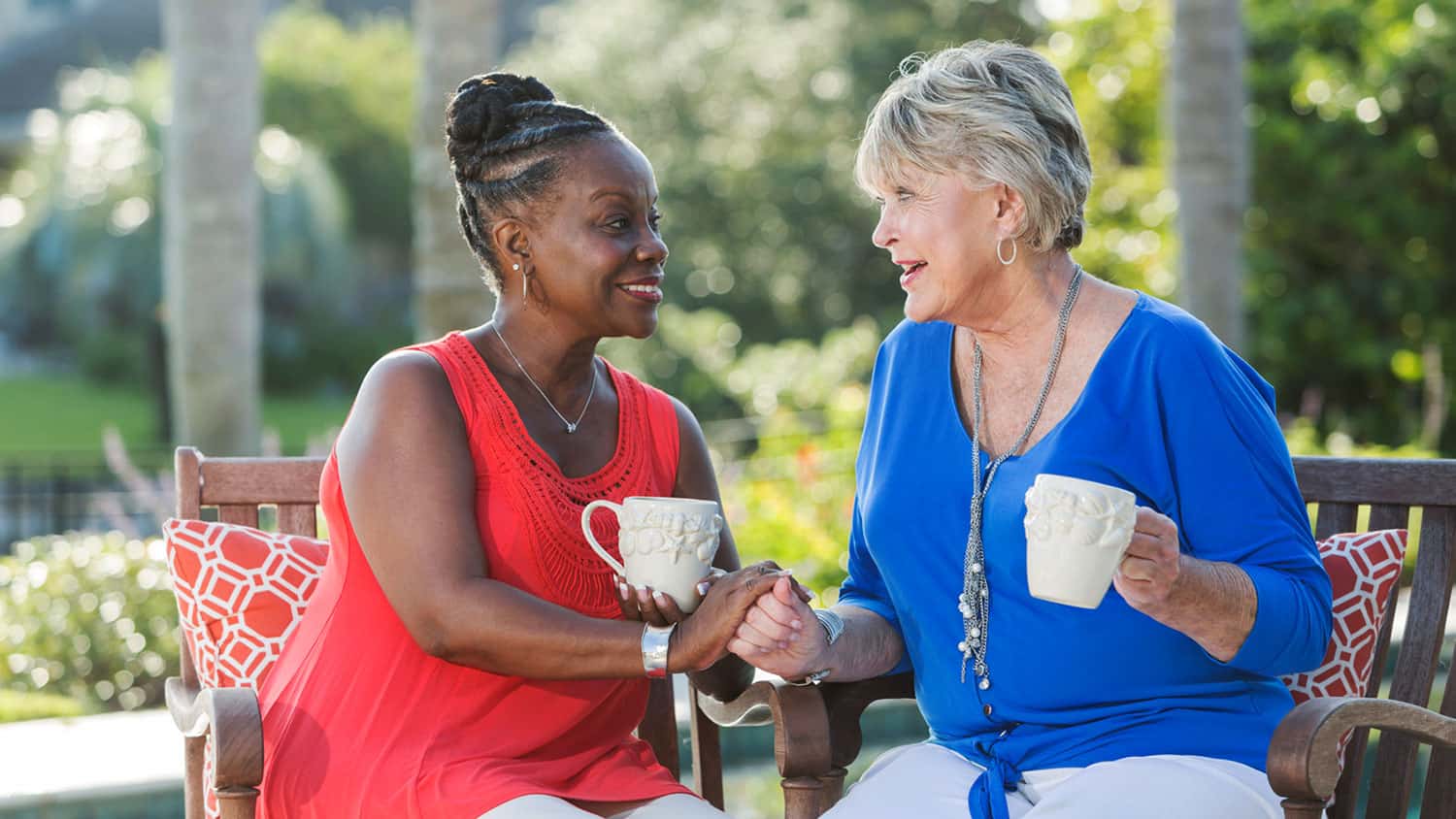#Listening #Silence #Reflection #Open-Ended-Questions #Triple5LightTherapy.com #BlackTherapist #Psychotherapy #LGBTAffirmingTherapy
Posted Oct 03, 2020
In the Fall of 2016, I was a fresh graduate of the exercise science master’s program at SUNY Cortland where I was also teaching and coaching strength and conditioning.
Frankly, I was in a rut. My relationship with my girlfriend was on the verge of collapsing and I was realizing I did not have upward mobility in my current position.
The rut came to a head when I received a text from my girlfriend saying we needed to talk. My stomach dropped. I couldn’t focus.
I sent a message to my advisor, Dr. Lind, who was a counselor before he was an exercise psychologist.
“Can we talk?” I asked.
He told me to come over to his office. I mustered together every ounce of strength I had.
“Don’t you cry, whatever you do, don’t you cry” I said to myself.
Dr. Lind told me to sit down. I don’t remember if I spoke first or just cried. Sentences were interrupted by deep sobs and sporadic expletives.
He didn’t interrupt, he didn’t offer advice, and as I continued to talk something happened. I started to feel better. And as I started to feel better, I noticed how he was interacting with me.
I learned that listening is a skill that most people do not possess and being on the receiving end of a good listening experience feels amazing.
My advisor taught me three things about listening: (1) the importance of silence (2) the value of reflections and (3) the power of open-ended questions. I took these three skills to heart. I practiced them when I spoke with friends and worked with clients.
The sparsity of good listeners concerns me. I believe the rarity of this skill is due to a lack of knowledge. If we don’t receive it, how can we know what it is like? If something can be learned it can be practiced. And if it can be practiced it can be improved.
If you want to improve the quality of relationships with your friends, significant others, and colleagues, consider what good listeners do.
They Provide Silence
How many times have you wanted to say more in a conversation, to divulge sensitive feelings, to allow yourself to be vulnerable, only to have the other person chime in? Nothing shuts you down like being interrupted or not having enough space to sit with your thoughts.
Being silent in a conversation can feel awkward at first, but it is the only way to give a person the chance to elaborate on how they feel. It builds trust and gives people time to think about what they want to say next. Often, our thoughts are imperfectly encoded into words. Silence gives people a chance to say what they mean.
Practice waiting 3-5 seconds after someone has said something before speaking. You will notice that they often have more to say.
They Reflect
Low-level listeners focus on what words mean to them and wait for their turn to talk. Moderate-level listeners focus on words. Proficient listeners focus on what words mean.
Imagine that I was having a conversation with you. The conversational process goes like this:
1. I have a thought.
2. I translate that thought into words.
3. You hear my words.
4. You make your best guess as to what my words mean.
Reflective statements make a best guess as to what the speaker means. Reflections are a powerful tool for understanding. It allows people to hear their words mirrored back.
It allows the listener to tell you whether or not you are on the same page. A powerful reflection happens when you can make the best guess of not only what the person is trying to say but also what they are feeling or what they need.
They Ask Open-Ended Questions
Open-ended questions continue the narrative, they invite discussion. Open-ended questions are used to explore perceptions and concerns. They cannot be answered with a yes, no, or one-word answer. There is a big difference between “how was your day?” and “tell me about the best part of your day?”
Start by paying attention to your questions. Do they invite one-word responses or do they further the dialogue?
Don’t expect perfection in your listening skills. Simply aim for improvement. This is all doable by providing silence, perceptive reflections, and open-ended questions in your daily interactions.



Comments
Post a Comment